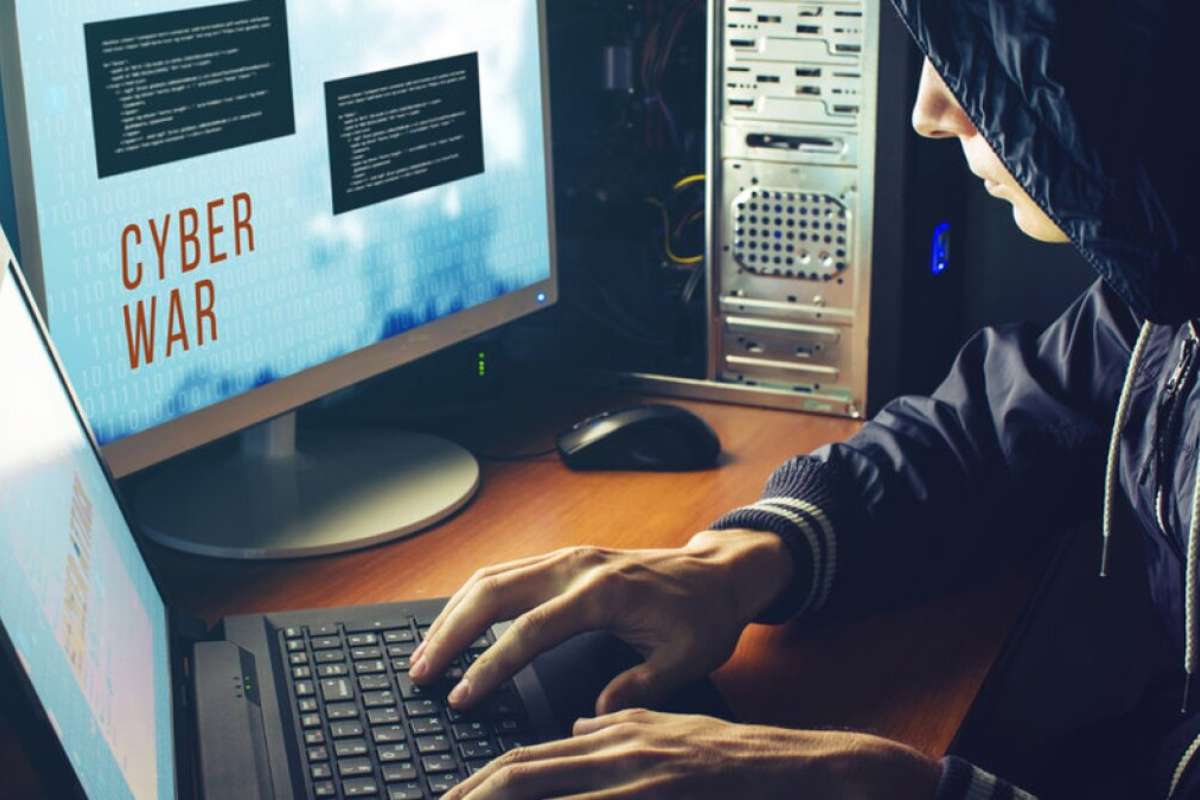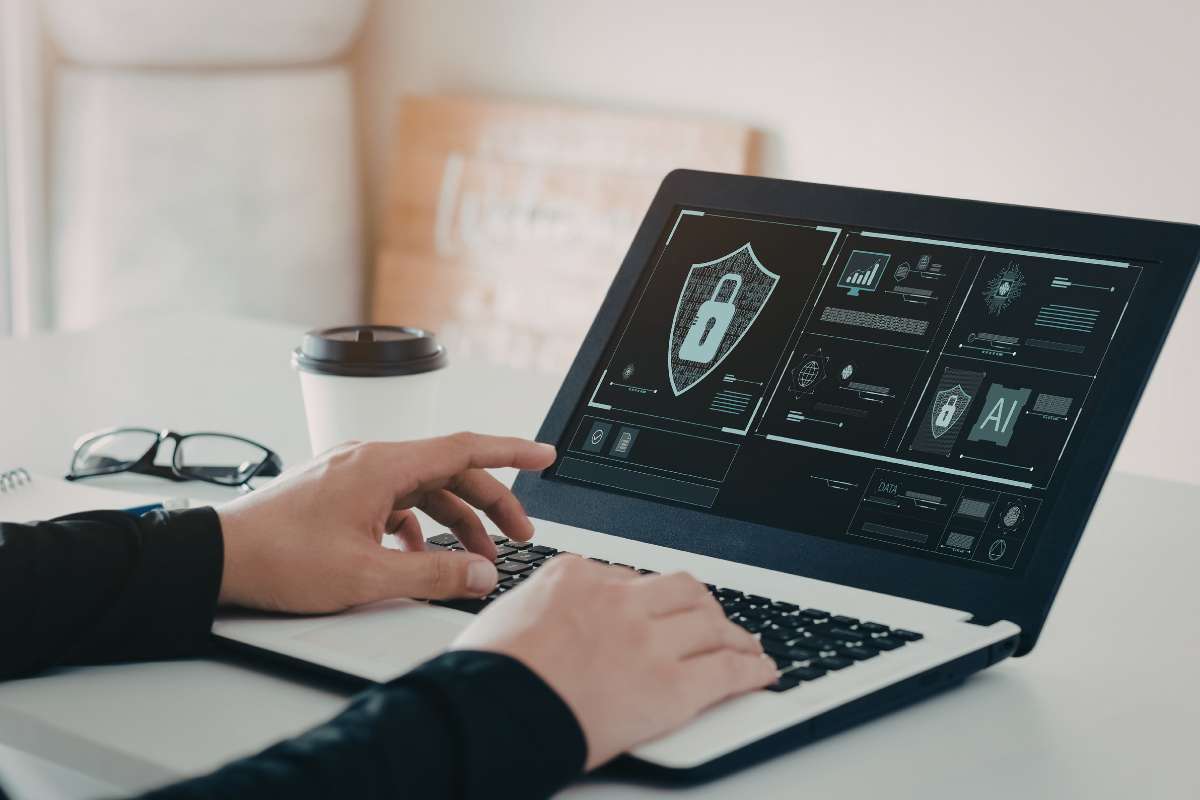A New Pathway into Cybersecurity
A new bipartisan bill advancing through Congress could transform cybersecurity education and recruitment by offering full scholarships for two-year degrees in exchange for government service. Reintroduced in February by Rep. Mark Green (R-Tenn.), the Cyber PIVOTT Act—short for “Providing Institutional Validation of Occupations in Emerging Technology”—seeks to address a critical shortage in the cybersecurity workforce by training 10,000 professionals annually.
Designed to mimic the Reserve Officers’ Training Corps (ROTC) model, the bill targets students and mid-career professionals seeking a pivot into cybersecurity but deterred by the costs or challenges of a four-year degree. “Cybersecurity can be a daunting industry to break into,” Green stated. “This legislation would open doors for professionals who might not otherwise have access to this vital field.”
If passed, the Cybersecurity and Infrastructure Security Agency (CISA) would oversee the scholarships and collaborate with community colleges and technical institutions to create a pipeline of trained cyber professionals. CISA would also host annual recruitment events and maintain a centralized database of cyber jobs, training programs, and certifications.
Expanding Access to a Growing Field
The demand for skilled cybersecurity professionals has surged amid rising cyber threats, with nearly half a million positions unfilled nationwide. Experts like Casey Ellis, founder of cybersecurity firm Bugcrowd, emphasize the urgency, citing incidents like the Edward Snowden leaks and major government data breaches.
David Russomanno, provost at the University of Memphis, noted that while interest in cybersecurity is high, access is limited. “Many students are discouraged by the traditional entry path through four-year institutions, particularly when faced with rigorous prerequisites like advanced math,” he said during a House Homeland Security Committee hearing in February.
The Cyber PIVOTT Act aims to lower these barriers by funding education at more accessible institutions. Students who later choose to pursue a four-year degree would be allowed to defer their government service obligation, ensuring flexibility in career planning.
The bill complements existing initiatives like the CyberCorps Scholarship for Service, which funds up to three years of cybersecurity education at traditional colleges in exchange for government service. However, the Cyber PIVOTT Act focuses on creating a broader, more inclusive workforce pipeline through shorter, more practical programs.
Support and Challenges in a Shifting Government Landscape
While the legislation enjoys bipartisan support, it faces questions amid broader uncertainty in the federal workforce. Recent layoffs under the Department of Government Efficiency have led to concerns about job security in public service roles. During a February hearing, Rep. Bennie Thompson (D-Miss.) expressed hesitation: “Who would want to commit to government service when the federal workforce itself is in flux?”
Still, experts argue that cybersecurity remains too essential for any staffing cuts to last. Marcus Fowler, CEO of Darktrace Federal and former CIA cyber operations leader, pointed out that cybersecurity roles have not been specifically targeted, and the need for talent continues to grow.
Though no immediate actions are scheduled on the bill, industry leaders remain optimistic. “It’s still in the mix,” said Ellis. “It hasn’t died—it just needs to find space among other high-priority legislative efforts.”
Supporters believe the Cyber PIVOTT Act could be a crucial step toward securing the nation’s digital infrastructure while offering new opportunities to aspiring professionals.






